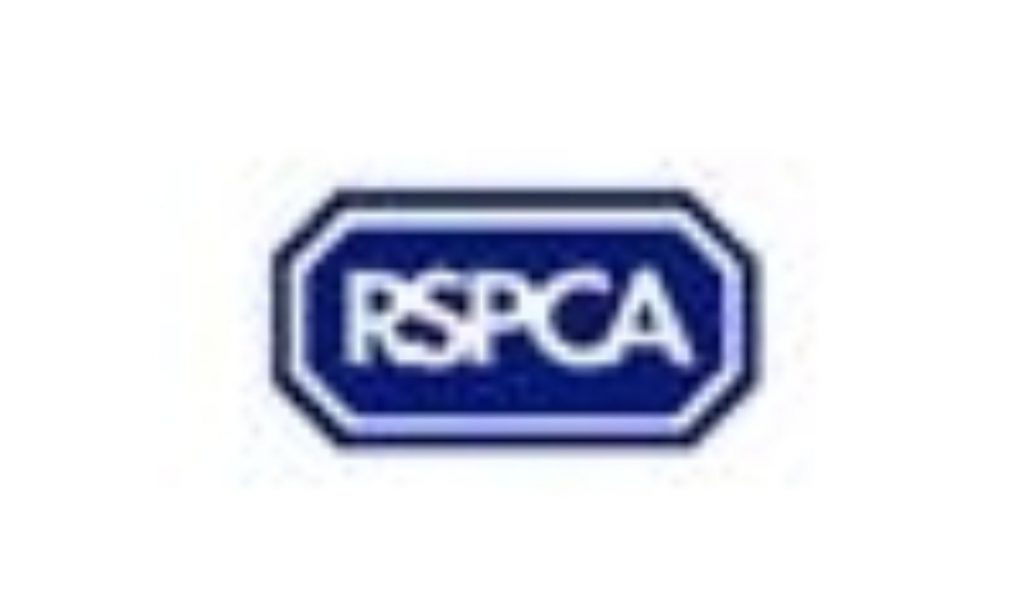RSPCA research shows public wants ban on illegal eggs
Research by the RSPCA has revealed that almost eight out of ten people in England and Wales (78 per cent) want action to stop eggs laid by hens in illegal barren battery cages coming into the UK.
On 1 January 2012 it will be illegal for farmers across Europe to keep hens in conventional barren battery cages. Farmers in the UK are believed to be prepared for the new law but elsewhere in Europe a large number of producers are not ready – meaning an estimated 84 millions hens* will still be kept in cruel cramped cages below even minimum welfare requirements.
A YouGov survey about hen welfare has revealed that 78 per cent of people in England and Wales would support a trade ban on illegal eggs.
With just a month to go until the barren battery cage ban the RSPCA is calling for the dithering European Commission to take action.
David Bowles, director of communications at the RSPCA, said: “We want quick, decisive action to stop the trade in these illegal eggs as well as rigorous enforcement of the new legislation and tough penalties for those farmers flouting it.
“Shoppers are increasingly buying higher welfare eggs in the supermarket – allowing illegal eggs into the UK would be a slap in the face for the public and a backward step for millions of hens. The RSPCA wants to see action now – before it’s too late.”
The Welfare of Laying Hens Directive outlaws the use of conventional barren battery cages in favour of other systems – barn, free-range, organic or so-called ‘enriched’ cages.
‘Enriched’ cages give hens a nesting, scratching and perching area and a little bit more usable space, but still amounting to less than an A4 sheet of paper per bird. The RSPCA believes no hen should be kept in a cage but the new legislation is a step in the right direction.
Most whole eggs on sale in the UK are laid by British hens so are expected to be perfectly legal however it may be more difficult to trace the origin of any imported liquid egg used as ingredients in products, particularly because some European producers may have a mix of some legal and illegal cages at the same farm.
The RSPCA want the new battery cage legislation to be strictly enforced by European Union member states, however it can take more than a year to bring a case to the European Court of Justice and in the meantime millions of illegal eggs laid by hens kept in illegal conditions could be used as ingredients in products which find their ways on to the shelves in the UK.
To stop this happening the RSPCA wants to see a trade ban imposed to stop illegal eggs being sold outside the country where they were produced.
Alice Clark, senior scientific officer at the RSPCA, said: “Farmers have had 13 years to get rid of their cruel barren battery cages, there really is no excuse for any producer to still be using them after the deadline.
“This historic piece of legislation is meant to improve the lives of millions of hens, it’s outrageous that next year almost a quarter of all egg production in Europe* is expected to come from illegal barren battery cages.
“It adds insult to injury that with just a month to go there is no measure in place at a European or member state level to stop these illegal eggs, coming into the UK whole or as ingredients in food such quiches, ready-meals and cakes.”
To find out more about our campaign against cages, or how to contact politicians to call for a trade ban, log on: http://www.rspca.org.uk/eggs
Ends
Notes to editors
— *figures from the British Egg Industry report – Fair play or fowl? October 2012.
— All figures, unless otherwise stated, are from YouGov Plc. Total sample size was 1889 adults. Fieldwork was undertaken between 25th – 28th November 2011. The survey was carried out online. The figures have been weighted and are representative of all English and Welsh adults (aged 18+).
Sample was asked: While the use of conventional barren battery cages will be banned in the European Union from 1st January 2011, it is expected that some non-British producers will continue using illegal cages. It's possible that 'illegal' eggs may still be imported and sold in some shops in the UK.
Would you support or oppose a ban on trade in these ‘illegal’ eggs to stop them coming into the UK? 78 per cent Supported a trade ban, 8 per cent opposed it and 14 per cent were not sure.
— In recent years the proportion of cage-free eggs being produced in the UK has increased steadily to around 50 per cent.
— The RSPCA encourages shoppers to buy eggs from cage-free hens – such as barn, free-range and organic, and if they have a Freedom Food logo on the box it means they come from farms inspected to the RSPCA’s strict welfare standards.
— Foods such as cakes or mayonnaise made with free-range eggs will often be clearly advertised with the information on the packaging or in the ingredients list.
— For interviews with Alice Clark or David Bowles please contact the press office.
RSPCA, Wilberforce Way, Southwater, Horsham, West Sussex RH13 9RS
Press office direct lines: 0300 123 0244/0288 Fax: 0303 123 0099
Duty press officer (evenings and weekends) Tel 08448 222888 and ask for pager number 828825
Email: press@rspca.org.uk Website: www.rspca.org.uk





-01.png)